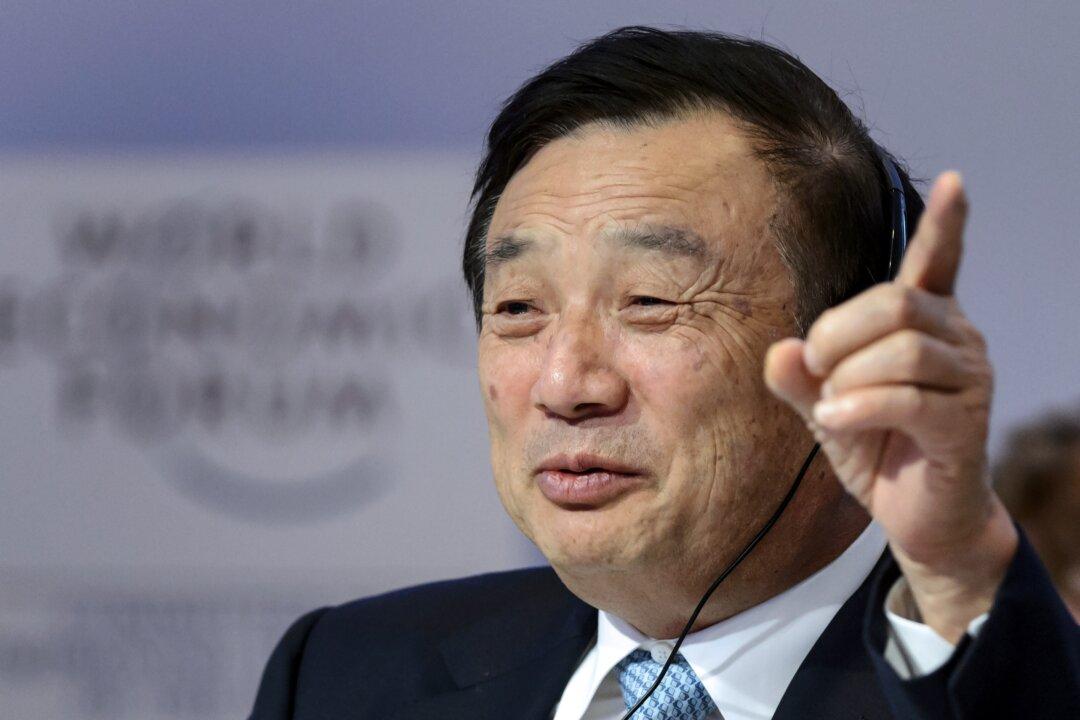Huawei founder and CEO Ren Zhengfei, in a rare public appearance following the arrest of his daughter in Canada, said his company has never spied for the Chinese government, the Financial Times reported.
“No law in China requires any company to install mandatory backdoors,” Ren said, in his first public comments in years, during an interview with reporters in the Chinese city of Shenzhen on Jan. 15. “Huawei, and myself, have never received any request from any government to provide [improper] information.”





